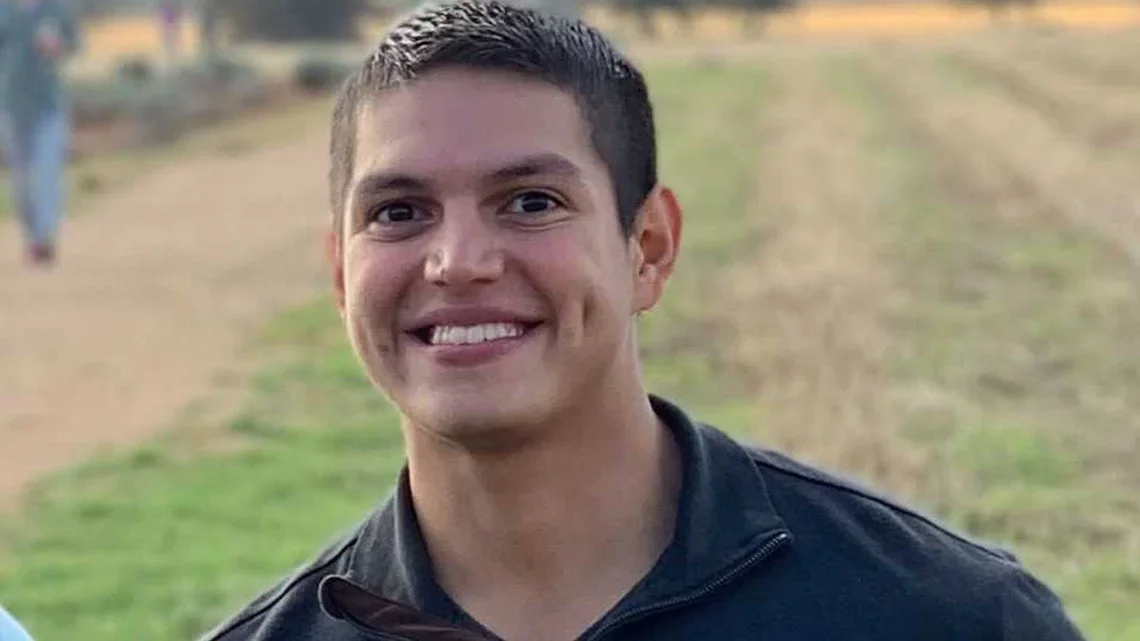The Namesake: Lamb Curry Calcutta Recipe 🥁🥁🥁🥁
/Year Released: 2007
Directed by: Mira Nair
Starring: Kal Penn, Irrfan Khan, Tabu, Zuleikha Robinson, Jacinda Barrett
(PG-13, 122 min.)

"We have all come out of Gogol’s Overcoat." Fedor Dostoyevsky
The camera sweeps from Calcutta to Cambridge, resonating with Indian warmth and shy humor, but jolts of fate, and the determined quest for identity, independence and love are universal.
Director Mira Nair deftly condenses a richly textured novel encompassing 30 years into a series of poignant episodes in the lives of young immigrant couple from Calcutta.
Young Ashoke Ganguli (Irrfan Khan) is perfectly content to read Nikolai Gogol’s “The Overcoat” as he journeys by train to visit his scholarly grandfather. A loquacious old man sharing his compartment tells him to get his nose out of his book and see the world while he is young, some advice he follows after barely escaping with his life when the train has a spectacular collision.
Next we see him, a professor of engineering at MIT, meeting his prospective Indian bride, the lovely Ashima (Tabu), who impresses all with her perfectly articulated rendition of Wordsworth’s “I Wandered Lonely as a Cloud.” Perhaps she senses that poem will describe her initial reactions to her new home in Cambridge, Massachusetts, some 8000 miles away.
Her shy husband welcomes her to their spare apartment with the happy pronouncement that here gas and electricity are on 24 hours a day. She waves goodbye as he heads down the snowy steps and then helps herself to a bowl of Rice Crispies, insinuated to her palate with a little curry powder and peanuts. In a few days he will introduce her to his colleagues, whose standards of dress, he confides, rank well below those of the rickshaw drivers of India.
While much of the film is rooted in the inevitable culture clash of these traditional Bengalis with the casual pastiche of America, much is what all families deal with. The essential metaphor of the film, the naming of their son, initially stems from an Indian tradition that has no exact counterpart in America. Indian custom allows for two names, an informal one chosen shortly after birth, but also a more formal one, usually bestowed by the grandmother, sometimes not for several years. Since they cannot be released from the hospital without a name on the birth certificate, Ashoke and Ashima must come up with a name themselves. In a moment of inspiration, the young father names his son after his favorite Russian author,Gogol.
This name becomes a measure of their son’s rebellious nature, which is allowed to flourish in the American suburbs. Having finally received his formal name, Nikhil, just in time for school, Gogol rejects it, and “according to his preference,” as the progressive teacher writes to them, he will continue to be known as Gogol. Ashima is struck by this particular turn of phrase, but ultimately accepts it as the American way.
But when he learns that his namesake was a strange and suicidal Russian writer, teenager Gogol is mocked by his classmates and furious with his parents. After all, he tells his friends as they smoke pot as a graduation ritual, what girl is going to want to kiss someone named Gogol Ganguli.
One of the most poignant scenes has nothing to do with culture clash, but instead with the impenetrable distance between teenage sons and their fathers. Ashoke brings a special graduation gift to Gogol, one he has had difficult time in finding. It is a copy of Gogol’s The Overcoat, wrapped in plain brown paper, and Ashoke tries to explain his affinity for it. All the while, his son listens to his blaring rock music, doing his best Mick Jagger imitation as he struts around his bedroom, and the brown paper package remains unopened.
This painful separation becomes even more apparent as Gogol has his name formally changed to Nikhil, pursues architecture instead of his father’s engineering, and becomes a surrogate son to the wealthy WASP parents of his very blond girlfriend. As he cuts a lavish chocolate cake in their upscale digs, the camera cuts to his mother at home, ringing his empty apartment to wish him a happy birthday.
But life intervenes with an unexpected tragedy, and like his father before him, Gogol begins his journey of self-discovery.
This simple yet subtle tale departs from the soap opera dimensions of many Bollywood films, sparkling with characters so human and real, they will etch themselves in your memory for a long time to come. Not to be missed by discriminating filmgoers.
—Kathy Borich

Film-Loving Foodie
The Namesake boasts two weddings and a funeral, each an occasion for the unique brand of Bengali friendship and food. The room is filled with colorful saris, the fragrance of piquant spices, with the hum of conversation bringing an echo Calcutta’s tropic warmth to wintry Cambridge.
For our dish I’ve passed over some of the more intricate and perhaps authentic dishes for one that is easy and user friendly. Let’s call this a second-generation Bengali recipe. The apples with the lamb and the raisons in the rice add the appropriate exotic touch.
Enjoy
Lamb Curry Calcutta
Ingredients
1 cup UNCLE BEN'S® ORIGINALCONVERTED® Brand Rice
2 lbs. leg of lamb cut into 1-1/2 inch cubes
3 medium onion(s) chopped
1 Tbsp. butter
1/2 cup half and half
1/2 cup raisins
2 apple(s) chopped
2 cloves garlic minced
1 3/4 cups beef broth
1 Tbsp. curry powder
1/8 tsp. cayenne pepper
2 1/4 cups water
2 tsp. salt
2 Tbsp. flour
2 Tbsp. vegetable oil
In a large skillet, heat oil. Add meat cubes and brown on all sides. Add onions, apples, and garlic. Cook until onion is tender, but not brown, stirring frequently.
Add curry powder, cayenne pepper, flour and salt, stirring well to coat meat evenly. Add beef broth and stir. Heat until sauce bubbles.
Stir in half and half. Cover. Cook over low heat until meat is tender, about 1-1/2 to 2 hours, stirring occasionally.
During last 1/2 hour, cook rice with water, 1 teaspoon salt and butter or margarine according to package instructions. Stir raisins into rice before serving with lamb.
Recipe Source: UncleBens.com
















